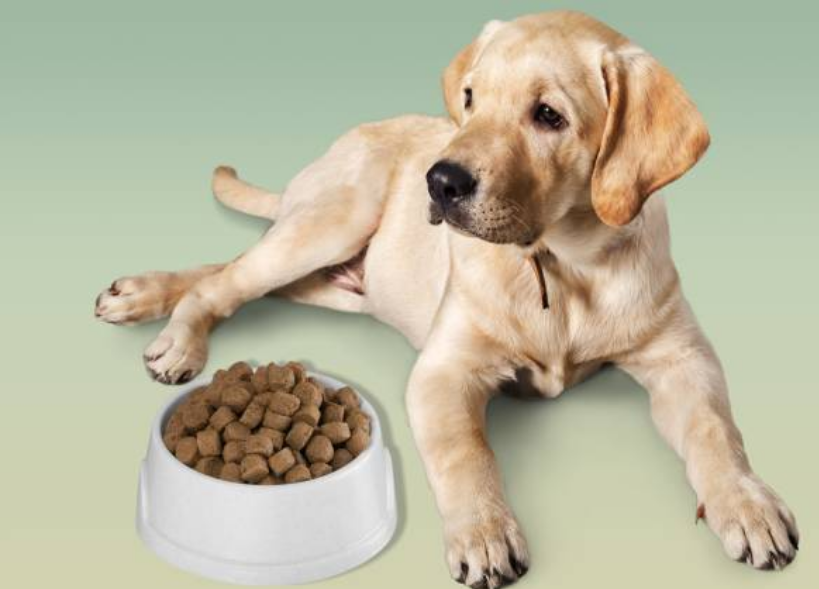 |
| Dog Weight Loss Program |
Is your furry friend carrying a few extra pounds? Just like humans, obesity in dogs can lead to a number of health issues, including diabetes, heart disease, and joint problems. Fortunately, with the right diet and exercise plan, you can help your dog shed those extra pounds and improve their overall health and well-being.
Dog Weight Loss Program
Creating a Weight Reduction Plan for Dogs
Best Dog Weight Loss Program
How to Put Your Dog on a Diet
Weight-Loss Camp For Dogs
OVERWEIGHT AND DOG WEIGHT LOSS PLAN
How to Help Your Dog Lose Weight
Dog Weight-Loss
7 Foolproof Tips to Help Your Dog Lose Weight This Year
Weight Reduction in the Obese Pet
The 10 Most Popular Herding Dog Breeds
The 10 Most Popular Hound Dog Breeds
The 10 Most Popular Non-Sporting Dog Breeds
The 10 Most Popular Sporting Dog Breeds
The 10 Most Popular Terrier Dog Breeds
The 10 Most Popular Toy Dog Breeds
Factors Contributing to Dog Obesity
Before starting a weight loss program for your dog, it's important to understand the factors that contribute to their obesity. These can include:-
- Overfeeding or feeding high-calorie treats
-
- Lack of exercise
-
- Health conditions that slow metabolism
-
- Age and breed tendencies toward weight gain
Dog's diet:
How to Help a Dog Lose WeightDog Weight Loss Program
Creating a Weight Reduction Plan for Dogs
Best Dog Weight Loss Program
How to Put Your Dog on a Diet
Weight-Loss Camp For Dogs
OVERWEIGHT AND DOG WEIGHT LOSS PLAN
How to Help Your Dog Lose Weight
Dog Weight-Loss
7 Foolproof Tips to Help Your Dog Lose Weight This Year
Weight Reduction in the Obese Pet
Creating a Weight Loss Plan
Consulting with your veterinarian is crucial before implementing a weight loss plan for your dog. They can assess your dog's overall health, determine their ideal weight, and advise on the best approach to achieve weight loss.Dietary Changes
Your vet may recommend switching to a weight management dog food that is lower in calories but still provides essential nutrients. It's important to carefully measure your dog's portions and avoid free-feeding. Additionally, cutting back on high-calorie treats and substituting with low-calorie options can aid in weight loss.Exercise Routine
Incorporate regular exercise into your dog's daily routine. This can include brisk walks, interactive play, and swimming. Gradually increase the duration and intensity of exercise to help burn more calories and improve muscle tone.Supplements
Your vet may recommend supplements to support your dog's weight loss, such as omega-3 fatty acids for joint health or multivitamins to ensure they receive essential nutrients while on a reduced-calorie diet.Monitoring Progress
Regular weigh-ins with your veterinarian will help track your dog's progress and make any necessary adjustments to their weight loss plan. It's important to be patient and consistent with the program, as slow and steady weight loss is healthier for dogs and more sustainable in the long run.Conclusion
Implementing a weight loss program for your dog can significantly improve their quality of life and reduce the risk of obesity-related health issues. By working closely with your veterinarian to create a tailored plan that includes dietary changes, exercise, and monitoring, you can help your furry friend achieve a healthy weight and enjoy a happier, more active life.FAQs
Q: Is it okay to put my dog on a strict diet for rapid weight loss?
A: No, rapid weight loss can be harmful to your dog's health. It's important to work with your vet to create a gradual and sustainable weight loss plan.Q: My dog refuses to exercise, what can I do?
A: Try to find activities that your dog enjoys, such as playing fetch or going for a swim. You can also consult with a professional dog trainer for advice on how to encourage your dog to be more active.Q: Are there any weight loss medications for dogs?
A: Some veterinarians may prescribe weight loss medications for dogs in certain cases, but these should always be used in conjunction with a comprehensive weight loss program and under close veterinary supervision.YOU MAY LIKE:
The 10 Most Playful Dog BreedsThe 10 Most Popular Herding Dog Breeds
The 10 Most Popular Hound Dog Breeds
The 10 Most Popular Non-Sporting Dog Breeds
The 10 Most Popular Sporting Dog Breeds
The 10 Most Popular Terrier Dog Breeds
The 10 Most Popular Toy Dog Breeds


